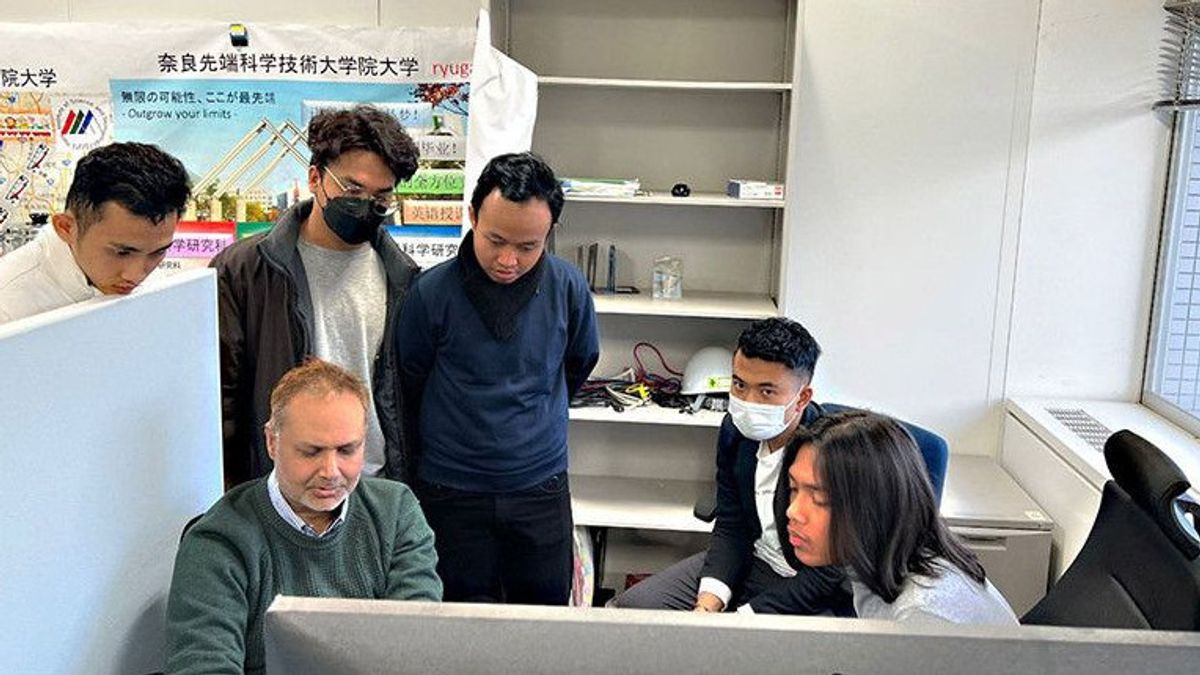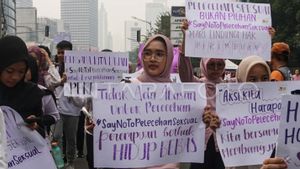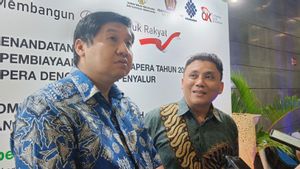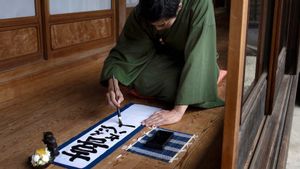JAKARTA - The Japanese government plans to expand the scope of foreign students who can receive scholarships starting next April to provide more academic opportunities for foreign workers whose numbers are increasing.
Japan's Ministry of Education, Culture, Sports, Sciences and Technology estimates that around 500 to 1,000 new students will be eligible to receive scholarships, either in the form of grants or loans.
The Japanese Ministry of Education will include prospective scholarship recipients living in the country with their parents on a dependent visa. The condition is that prospective scholarship recipients have completed their education to the elementary, junior high and high school levels in Japan and intend to work and live in Japan after graduating from university.
So far, scholarships provided by the Japan Student Services Organization are only available to Japanese citizens as well as foreign nationals with visas as special permanent residents, permanent residents, or long-term residents who intend to stay in Japan permanently.
Earlier, lawmakers from Japan's ruling party, the Liberal Democratic Party, called on the government to expand academic support for foreign children in an effort to gain foreign workers when Japan experienced a decline in population.
SEE ALSO:
Civil society groups, including non-governmental organizations Solidarity Network with Migrants Japan, also called for an expansion of scholarship coverage because they considered foreign workers' children tend to face financial difficulties.
The Japanese Ministry of Manpower recorded that the number of foreign workers in Japan at the end of October 2023 reached two million, to be precise 2,048,675 people. That number increased by 12.4 percent from the previous year.
In line with the increase in the number of foreign workers, the Japanese Immigration Service Agency noted that 244,890 foreigners entered Japan with dependent visas at the end of June 2023 -- up 7.5 percent from the previous year.
The English, Chinese, Japanese, Arabic, and French versions are automatically generated by the AI. So there may still be inaccuracies in translating, please always see Indonesian as our main language. (system supported by DigitalSiber.id)
















